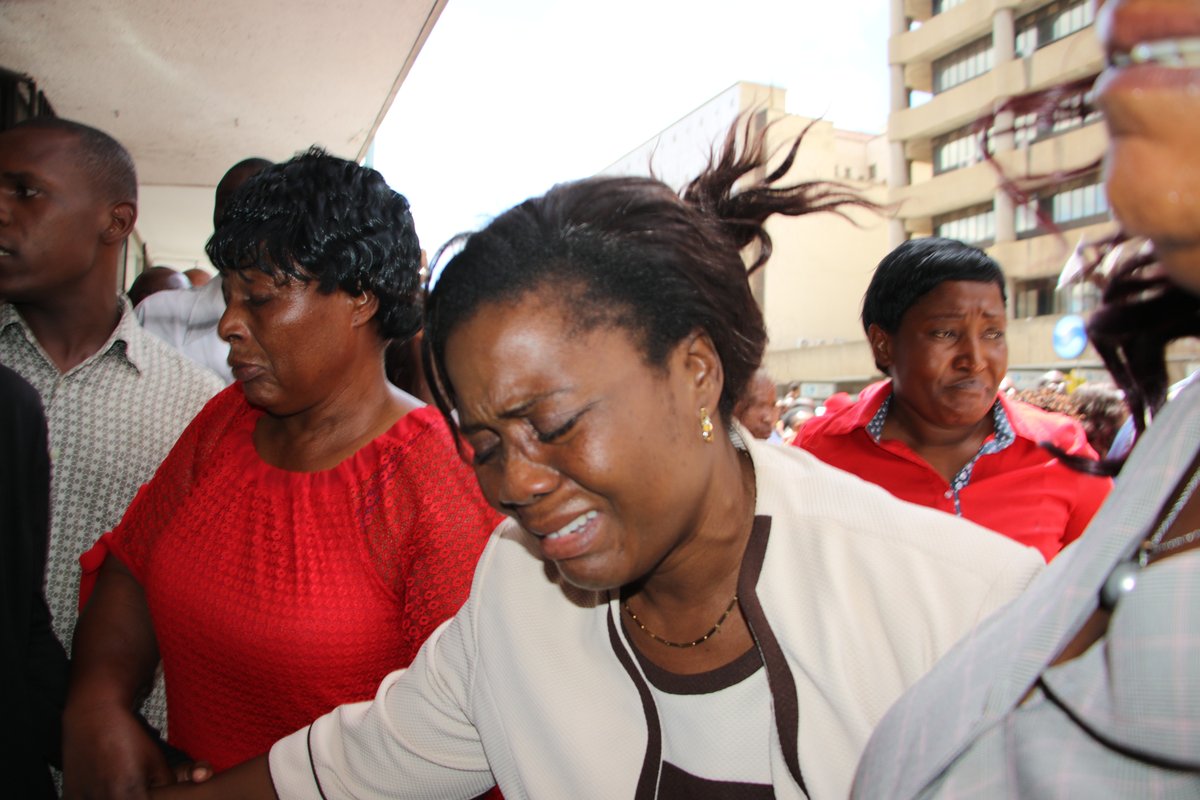
Insecurity: Nigerian Govt. under pressure to decentralise policing
Insecurity: Nigerian Govt. under pressure to decentralise policing
With the escalation of security challenges in Nigeria, which have been described as alarming, authorities in the West African country is under pressure to decentralise her police force. This referred to as State Policing.
Nigeria operates a federal structure and issues of national security is the exclusive list with the Federal Government. However, with state of insecurity in the country, from the return of democracy in 1999, opinion leaders have suggested that issues of policing be decentralised for states to handle.
If this is done, State Governors would become the chief security officers of their respective states and the police command in the states answerable to the State Governor.
Federal government, which has been dominated by Northern elements has kicked against state police because it looks like a facilitator to the end of Nigeria’s federalism, towards confederalism or outright disintegration.
But with the spate of insecurity, especially since 2015 when former military leader, Muhammadu Buhari was elected as civilian President, there are more pressure for state policing.
The South-West region consisting of six states: Lagos, Ogun, Ondo, Oyo, Ekiti and Osun have agreed, despite their political differences to float a regional security network called Amotekun. It is as a result of the failure of the federal government to provide fair and adequate security across the country. The Federal Government kicked against Amotekun but the South-West leaders insisted.
With the eventual submission of the federal government to the Amotekun initiative, other regions of the country are on the tow to establish their own regional security.
On Tuesday, Ahmad Lawan, who is the president of the Senate, said the ninth Senate will summon the Inspector-General of Police, Mohammed Adamu, to brief the upper chamber on efforts in progress to address the escalating cases of insecurity in the country.
Lawan disclosed that the National Assembly will vigorously pursue the implementation of community policing as a way of tackling the growing spate of killings and kidnappings across states in Nigeria.
“The security situation in our country requires serious attention and due consideration by the Senate and indeed the National Assembly,” he said.
“Recently, the security in the country had deteriorated and the attendant loss of lives is not acceptable. We need to secure the lives and property of our citizens, as enshrined in our constitution.
“We all are witnesses to how our economy is also affected by the inclement security situation. Therefore, we need to speedily seek for solutions to fix the security problem bedeviling our dear country.
“There is urgent need for paradigm shift and reform of the architecture and structure of our security systems. Equally important is the citizen participation, and collaboration in providing security.
“In this regard, the Senate will engage the Executive arm of government to discuss the implementation of the recently launched National Security Strategy (NSS) 2019.
“For a long time, major stakeholders in the security of our nation and police authorities appear to achieve consensus on the necessity of introduction of Community Policing in the country.”
Lawan added, “the Senate is going to pursue the implementation of community policing vigorously. To this end, the police authorities will be invited to brief and update the Senate on the progress made so far.”




Recent Comments